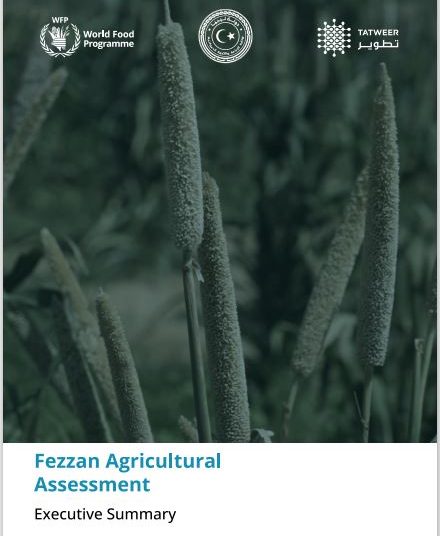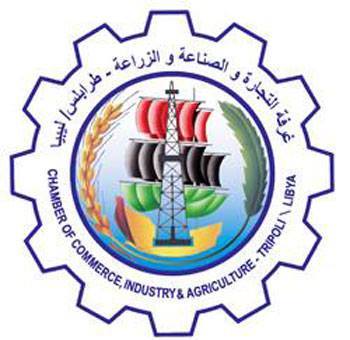The World Food Programme and Tatweer Research presented a summary of their ‘‘Fezzan Agricultural Assessment’’ during an event in Tripoli Sunday. The study, in cooperation with the Ministry of Agriculture and Livestock and funded by Germany and Italy, is the first assessment of smallholder farmers in Libya since 2006.
It aims at defining the profiles of farmers and productive units in the Fezzan region and was encouraged after a smaller project and study was conducted in Al Kufra and Al Rubyana regions of southern Libya.
Under the banner ‘‘Cultivating Resilience: Adaptive Agriculture for Fezzan’’, Tatweer Research, part of the Libya Local Investment and Development Fund, said Libya suffers from a shortage of data upon which to build strategies. It reported that the field research aimed to guide the development of the agricultural sector in the southern region of Fezzan which is considered to have huge potential.
Over 400 researchers were trained and used in the project surveying over 4,000 farms with a view to creating sustainable agriculture.
The survey revealed, among other things, that 99 percent of farmers were men while 99 percent of those employed were non-Libyan seasonal workers. About a third of farms were 1 to 5 hectares and a similar number were 6 to 10 hectares in size. While 99 percent used grid electricity, only 0.1 percent used solar energy for their farms. Most farmers reported power cuts as a disabling factor since the 2011 revolution. The top produce were fruits, cereals and fodder.
Challenges included the perennial power cuts, fuel shortages, transport and logistical difficulties, the lack of marketing and storage capabilities. The farmers also complained of instability of produce prices, the distance of their markets (coastal Libya), competition from cheaper imports, the high prices and shortage of fertilizers and seeds.
They also reported the lack of agricultural equipment, such as the need to hire a combine harvester from the north, the salination of the soil, the lack of agro-industry in the south, the lack of sorting and the lack of financing.
The organisers reported that the Fezzan project is to be expanded across all Libya.










